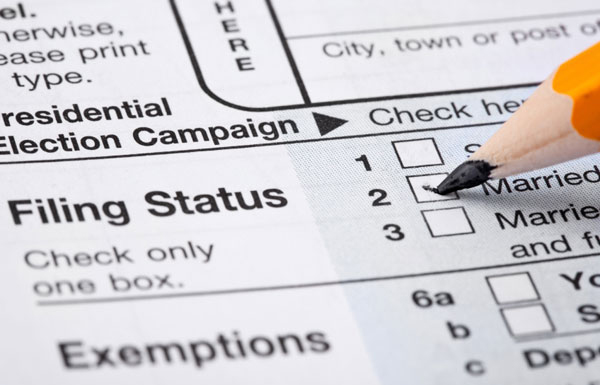AuthorSkip Lovette, CPA Archives
March 2021
Categories |
Back to Blog
Choose the Right Filing Status2/11/2015 It’s important that you use the correct filing status when you file your tax return. Your status can affect the amount of tax you owe for the year. It may even affect whether you must file a tax return. Keep in mind that your marital status on Dec. 31 is your status for the whole tax year. Sometimes more than one filing status may apply to you. If that happens, choose the one that allows you to pay the lowest tax.
Here’s a list of the five filing statuses: 1. Single. This status normally applies if you aren’t married. It applies if you are divorced or legally separated under state law. 2. Married Filing Jointly. If you’re married, you and your spouse can file a joint tax return together. If your spouse died in 2014, you often can file a joint return for that year. 3. Married Filing Separately. A married couple can choose to file two separate tax returns. This may benefit you if it results in less tax than if you file a joint tax return. It’s a good idea for you to prepare your taxes both ways before you choose. You can also use it if you want to be responsible only for your own tax. 4. Head of Household. In most cases, this status applies if you are not married, but there are some special rules. You also must have paid more than half the cost of keeping up a home for yourself and a qualifying person. Don’t choose this status by mistake. Be sure to check all the rules before you file. 5. Qualifying Widow(er) with Dependent Child. This status may apply to you if your spouse died during 2012 or 2013 and you have a dependent child. Certain other conditions also apply. Note for same-sex married couples. In most cases, you and your spouse must use a married filing status on your federal tax return if you were legally married in a state or foreign country that recognizes same-sex marriage. That’s true even if you now live in a state that doesn’t recognize same-sex marriage. For more information, call us at 336.346.1960 or e-mail [email protected]
1 Comment
Read More
|
 RSS Feed
RSS Feed
